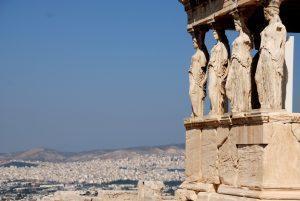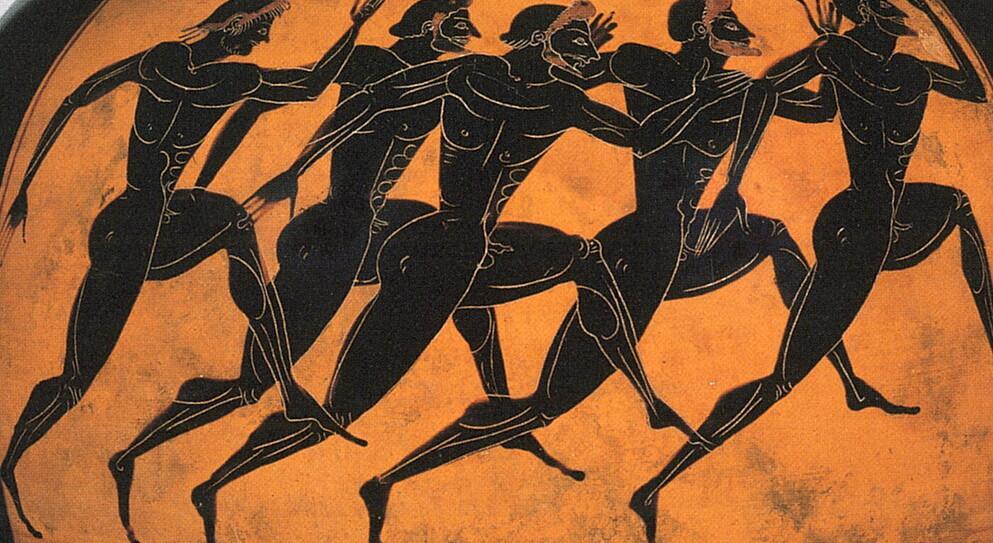By Simone Bandini
“Everything is fixed, except for those who command the Gods: no one is free, except Zeus.”
Aeschylus, Prometheus Chained (460 BC)
“Every time I found a living being, I also found the will to power.”
Friedrich Nietzsche, “The Will to Power” (1885)

There is a thin thread, like the one sewn and preordained by the Parcae, to unite the absolute beauty of the landscape and the spirit of the athlete who does not have proportions and dimensions: invisible, not composed of parts but of infinite thoughts and uncircumscribed will, the soul all tends to overcome itself.
In this arbitrary act of going beyond, of purifying oneself through fatigue and effort, the heroic spirit of man is manifested, planting the banner of freedom over the world of what is necessary and is already established for him.
There is something, therefore, transversal to all forms of athleticism, amateur or professional, which is independent of mere sporting data, performance and rankings – but which intimately concerns the existential condition of man: the overcoming of his ‘finite’ condition (which sets limits), the perfection towards the divine and the completeness of attributes. If we wanted, by decreasing the complexity of reasoning, to make this food for thought more accessible, we could simply say that the athlete’s journey begins where he is no longer satisfied with his actuality, his condition – sailing towards the sublimation of the spirit where barriers are no longer encountered – and the world of necessity has already turned into the realm of possibility. The athlete makes his own the same vocation as Prometheus: to subtract fire from the Gods to give it to men: in this case, exemplary, take it for himself, and by translation, bestow it on the rest of humanity: there is a way, there is a passage to the divine condition, where human remains can be abandoned to ascend to the light of absolute freedom.
The athlete man therefore comes out of his human form to enter his unbounded celestial essence – a spark that generates a universal fire – which is pure possibility and, as Nietzsche defined it a century and a half ago, the will to power: life understood as an expansive and self-overcoming force, whose founding principles are not the search for pleasure or the survival instinct, but the drive for self-affirmation and self-empowerment. And therefore, where fatigue finds and assumes a completely ‘sacred’ meaning.
It is curious that such a condition can be reached through action: the expression of the body that in the athletic act surpasses itself – through a sort of devastation, expansion of matter to bring out, prodigiously, the light of the spirit contained in it.
In the gesture of an athlete lives the perfect combination of beauty and heroism: here the form is substance, the inner world governed by will and freedom coincides admirably with the external world of necessity and events.
Recommended listening: “The Narcissist”, Blur
